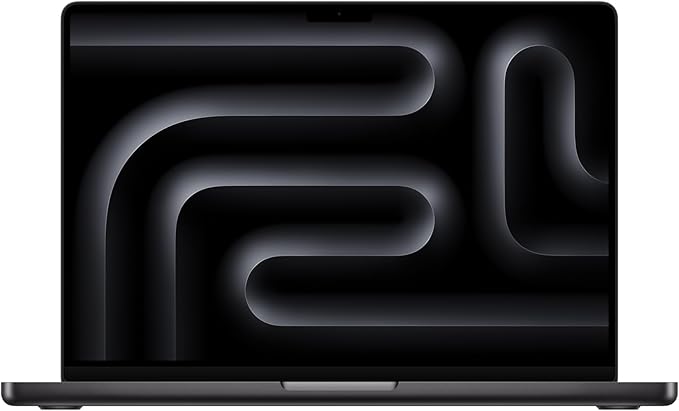OpenAI has officially released GPT-OSS, its first open-weight model in over six years—bringing powerful generative AI capabilities directly to developers, researchers, and hobbyists who prefer running models locally.
Two Scalable Versions, Laptop-Ready
GPT-OSS is available in two configurations: a 120-billion-parameter model and a smaller 20-billion-parameter model. The larger version can operate on a single Nvidia GPU, rivaling OpenAI’s o4-mini in performance. The compact 20B version is designed to run efficiently on machines with just 16GB of RAM, performing similarly to the o3-mini.
These models are available for free download under the permissive Apache 2.0 license, making them fully modifiable and commercially viable. Platforms such as Hugging Face, Databricks, Azure, and AWS are hosting the model for easy access.
A Shift in OpenAI’s Strategy
This marks a pivotal moment for OpenAI, which had previously withheld open-weight models due to safety concerns. CEO Sam Altman had acknowledged earlier this year that OpenAI was “on the wrong side of history” for not embracing open models sooner—especially as competitors like DeepSeek and Meta’s LLaMA gained traction in the open-source AI space.
By releasing GPT-OSS, OpenAI now reclaims ground in the open model landscape, offering a tool that supports code generation, agent operation, web browsing, and complex reasoning via its existing API framework.
Safety First, With Transparency
According to OpenAI, GPT-OSS is its most rigorously safety-tested model yet. External security firms were involved to evaluate potential misuse risks, including cybersecurity vulnerabilities and biohazard-related threats. Additionally, the model’s “chain of thought” feature exposes how it arrives at outputs, helping monitor for bias, hallucinations, or manipulative behavior.
Although OpenAI has not shared performance benchmarks comparing GPT-OSS directly with LLaMA, DeepSeek, or Google’s Gemma, it claims the new model holds its own in coding tasks and advanced reasoning tests like Humanity’s Last Exam.
Democratizing AI Innovation
While no timeline has been set for future GPT-OSS updates, OpenAI hopes this release empowers startups and smaller developers. “Lowering the barrier to access always leads to more innovation,” said OpenAI co-founder Greg Brockman. “We want people to experiment and create unexpected breakthroughs.”
With GPT-OSS, OpenAI is inviting the world to take AI development into their own hands—literally, on their laptops.











